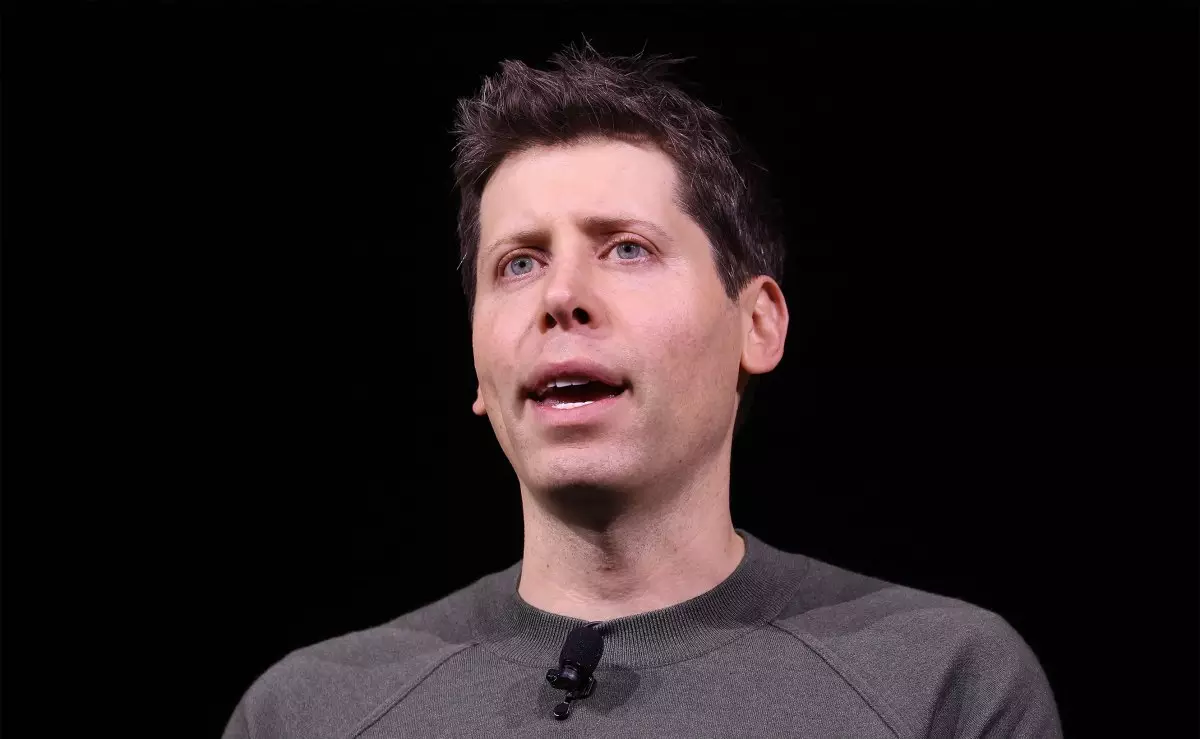In the realm of artificial intelligence (AI), the quest for safety and ethical governance has taken center stage. Recent developments at OpenAI, particularly the resignation of CEO Sam Altman from the Safety and Security Committee, underscore the complexity and challenges of establishing effective oversight in an industry characterized by rapid advancements and intense competition. The transition of this committee into an independent board highlights the growing urgency for more substantial accountability mechanisms as public and governmental scrutiny intensifies.
OpenAI has announced that the Safety and Security Committee, previously a pivotal part of its internal governance, will now operate as an independent board oversight group. This board, chaired by Zico Kolter of Carnegie Mellon University, includes notable figures such as Adam D’Angelo, General Paul Nakasone, and Nicole Seligman. With this new structure, OpenAI aims to fortify its commitment to safety in AI development, yet questions remain about the true independence of this board, given that all members are ties to OpenAI’s existing board of directors.
The independent board is expected to continue its engagement with OpenAI’s safety and security teams, overseeing the risk assessments of current and forthcoming AI models. This oversight intends to address pressing concerns about AI’s potential impacts, thus outlining an essential framework for evaluating technical assessments and ensuring a higher standard for model releases.
Altman’s departure coincides with heightened scrutiny from policymakers, notably five U.S. senators who expressed concerns about OpenAI’s approach to safety and regulation. This pressure reflects broader debates within the tech community about the adequacy of self-governance and the balance between innovation and ethical responsibility. Critics argue that Altman’s leadership has prioritized corporate aims over substantial safety measures, with some former OpenAI researchers claiming that he resisted fundamental regulatory proposals.
This critique resonates in light of OpenAI’s escalating lobbying expenditures, which have surged dramatically, from $260,000 the previous year to an anticipated $800,000 for early 2024. Such increases were viewed by some as an attempt to shape favorable regulations that would benefit the company at the potential expense of accountability and transparency in AI development.
The significant turnover among OpenAI staff dedicated to mitigating long-term risks amplifies specific concerns regarding the company’s commitment to safety and ethical considerations. The exodus of talent from this area raises alarming questions about the firm’s internal culture and priorities, suggesting that a deeper commitment to ethical AI practices may be waning. Accusations from former board members like Helen Toner and Tasha McCauley further accentuate mistrust in the company’s self-regulatory capabilities. They contend that profit motives inevitably compromise genuine accountability.
As OpenAI embarks on a trajectory characterized by ambitious funding goals, reportedly pursuing upwards of $6.5 billion in financing, the emphasis on profit generation appears increasingly paramount. While financial success is vital for sustaining growth and innovation, it also poses challenges to ethical governance.
As OpenAI’s valuation may crest $150 billion, the balancing act between rapid technological advancements and responsible oversight cannot be overstated. Striking this balance will require transparent mechanisms and a commitment to prioritizing societal impacts over profit—something that both stakeholders and the public will be monitoring with keen interest.
The ongoing evolution of OpenAI’s governance structures serves as a case study in the broader landscape of AI regulation. Questions around the effectiveness of internal oversight, the implications of profit-centric motives, and genuine regulatory compliance underscore a pivotal moment in the tech industry’s unfolding narrative. Moving forward, enhancing trust in the ethics of AI hinges on genuine accountability and a robust framework that prioritizes safety above commercial success. The future of AI safety rests significantly on the actions and commitments made by companies like OpenAI as they navigate this complex environment.

